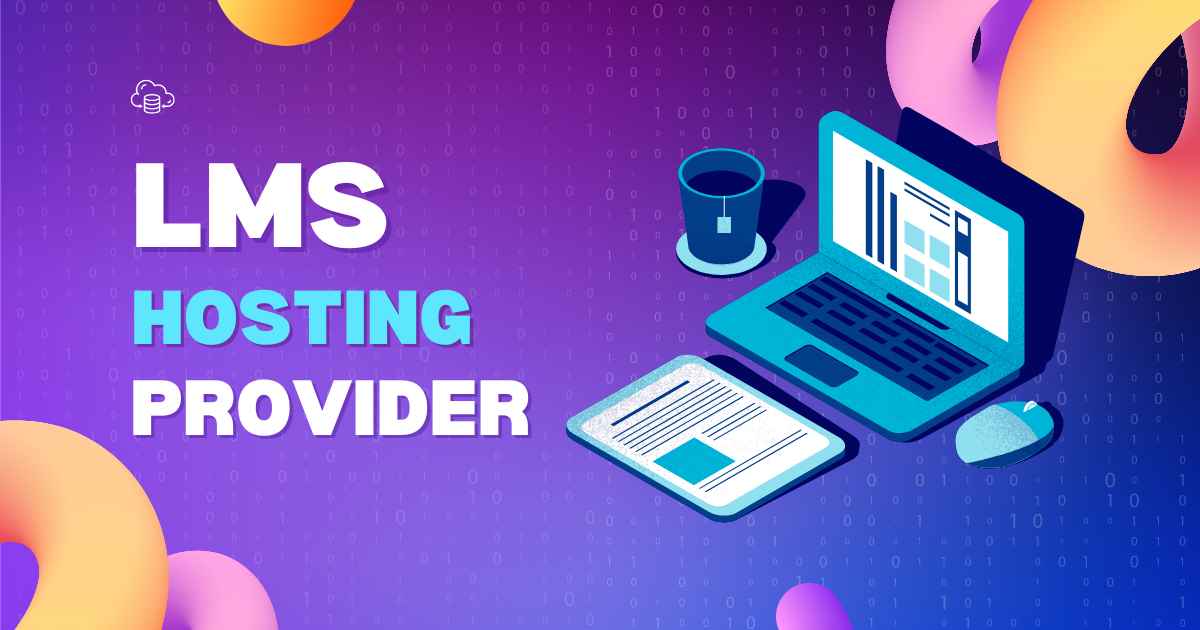The Advantages of Using Fax Services in a Modern Digital Age

In an era where digital communication has become ubiquitous, fax services continue to flourish, especially in industries where document security and authenticity are paramount. Believed by many to be outdated, fax technology has evolved, adapting to the needs of modern businesses. With advanced features that comply with strict regulatory standards, faxing is experiencing an unexpected resurgence. Below, we explore the persistent relevance of faxing in today’s digitally driven-landscape.
How Fax Services Enhance Data Security and Compliance
In an age of heightened data breaches and cyber threats, fax services shine regarding security and compliance. Fax technology, particularly in its modern, internet-based form, offers encrypted transmission and secure receipt of documents. This safeguard against unauthorized access is vital for businesses handling sensitive information.
Compliance is another cornerstone of fax services. Industries such as healthcare, with stringent HIPAA regulations, require communication methods that adhere to specific standards. Faxing, with its robust audit trails and confirmation receipts, provides the documentation necessary to meet these compliance requirements.
For international businesses, fax services support adherence to varied legal systems and international standards. This is particularly beneficial regarding data residency and sovereignty, ensuring that documents are stored and transmitted by regional laws and regulations.
Storing faxed documents digitally through a secure online portal reduces the risks associated with physical document handling. With access controls, encryption, and secure archival features, modern fax solutions provide a fortified barrier against data theft and loss.
Integrating Fax Solutions with Modern Business Systems
Fax integration has become a key factor for companies striving for efficiency and streamlined processes. Today’s fax solutions are engineered to seamlessly mesh with various business systems, including customer relationship management (CRM) and enterprise resource planning (ERP) software. This integration enables automated workflows, saving time and reducing manual entry errors.
Cloud-based fax services leverage the scalability and accessibility of the cloud, allowing organizations to manage their fax communications without the traditional overhead of hardware and maintenance. These platforms can easily adjust to increasing or decreasing fax volumes, keeping pace with business needs.
APIs (Application Programming Interfaces) play a significant role in modernizing fax services. Businesses can integrate fax capabilities directly into their applications, creating a unified user experience. The process can be done with a few clicks within the business’s preferred interface, whether sending contracts or invoices.
The interoperability of fax services and modern business systems leads to significant productivity gains. By integrating fax into automated business processes, employees can focus on more strategic tasks, leaving the fax system to distribute and receive documents.
The Role of Fax Services in Reducing Business Overheads

Cost reduction is a significant benefit of utilizing fax services. Traditional fax machines, including equipment, supplies, and dedicated phone lines, incur costs. By shifting to online fax services, businesses can eliminate these expenses and only pay for what they use, often resulting in substantial savings.
Because online fax solutions are typically subscription-based, companies can better predict their monthly expenses and avoid unexpected costs. The flexibility of scaling up or down based on usage prevents financial waste, aligning costs directly with the company’s needs.
Additionally, online fax services require less administrative management than traditional fax machines. There is no need for troubleshooting equipment or replenishing paper and toner supplies, freeing staff to work on more productive initiatives.
Modern fax solutions’ simplicity and self-service nature also reduce the need for training and support. Employees can intuitively send and receive faxes through familiar interfaces such as email, negating the need for specialized knowledge or technical support.
Altogether, despite the proliferation of digital communication tools, fax services remain crucial for ensuring data security, compliance, and operational efficiency. Their ability to integrate seamlessly with modern business systems while reducing overhead costs underscores their continued relevance in today’s digital landscape.






